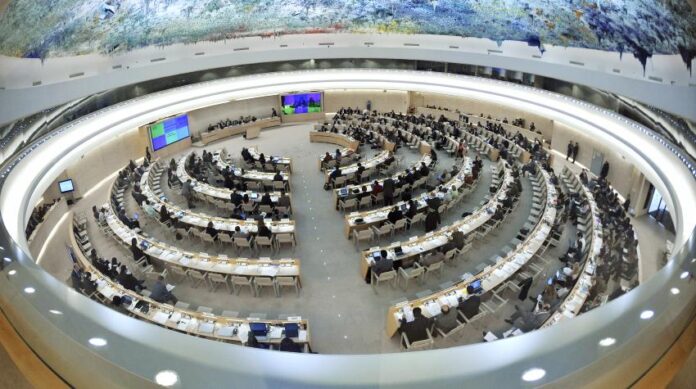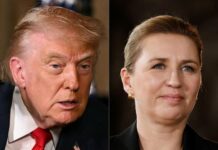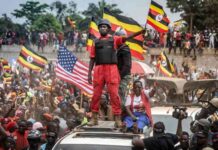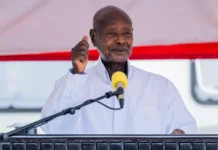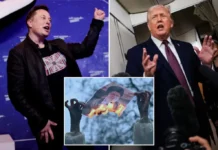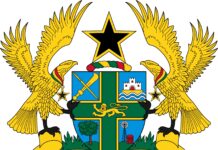The United Nations Human Rights Council has rejected a controversial bid by Eritrea to terminate the mandate of a U.N. expert investigating alleged human rights abuses in the country, marking a significant win for human rights advocates and Western diplomats concerned about accountability.
Eritrea’s surprise motion, an uncommon move by a country under active investigation, was overwhelmingly defeated on Friday, with only 4 members voting in favor, 25 against, and 18 abstaining. The failed effort sparked relief among diplomats who feared that a successful termination could embolden other nations facing similar scrutiny to challenge the Council’s oversight.
Following the rejection, a counter-resolution proposed by the European Union to extend the mandate for another year passed with broad support.
The U.N.’s current special rapporteur on Eritrea, Sudanese human rights lawyer Mohamed Abdelsalam Babiker, recently described the situation in the Horn of Africa nation as “critical.” His latest report cited widespread arbitrary detentions and the indefinite national military service system as key drivers of mass migration and human rights violations.
Rights watchdog DefendDefenders praised the Council’s decision, stating that Babiker’s mandate is “indispensable” for Eritrean victims, survivors, and the diaspora seeking justice.
Speaking at the session, the EU’s delegate warned that ending the investigation would have allowed “impunity and repression to deepen in silence.”
In response, Eritrea’s chargé d’affaires, Habtom Zerai Ghirmai, strongly criticized the decision, accusing the EU of harboring a “neo-colonial saviour mentality complex.” He called the mandate’s continuation “an affront to reason and justice.”
Backing Eritrea’s motion were Iran, Sudan, and Russia, all of which are themselves subject to U.N. human rights investigations, while China dismissed such probes as a “waste of resources.”
The outcome underscores the Council’s ongoing tensions between nations advocating for international accountability and those seeking to limit external oversight of domestic affairs.
Written By Rodney Mbua









